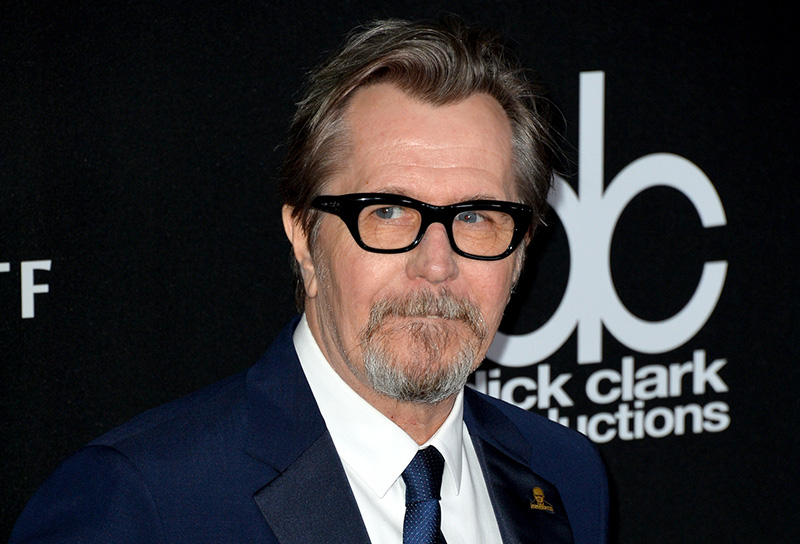
Gary Oldman, a name synonymous with versatility and depth in the world of acting, has given us some of the most memorable performances in cinematic history.
From his portrayal of Sid Vicious in “Sid and Nancy” to his role as Commissioner Gordon in Christopher Nolan’s “Dark Knight” trilogy, Oldman’s range is undeniable.
However, every actor’s journey has its peaks and valleys, and for Oldman, one of the most significant valleys came post the release of the political drama, “The Contender.”
The Controversy Surrounding “The Contender”
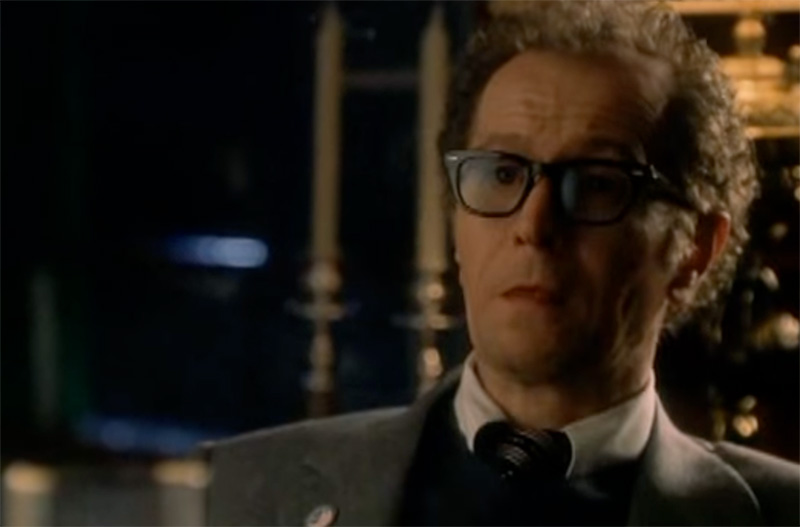
Released in 2000, “The Contender” saw Oldman playing the role of Shelly Runyon, a congressman who opposes the appointment of a female vice president.
While the film itself was a commentary on political machinations and gender biases, it was the off-screen drama that caught more attention.
Oldman, who was also a producer on the film, expressed his dissatisfaction with the way the film was edited. He believed that the final cut was biased and did not represent the neutral stance he had envisioned.
His grievances were not just with the editing but extended to the promotional campaign and the politics of Hollywood.
His outspoken nature and candid interviews during this period led to a media frenzy. Oldman’s comments were seen by many as a direct attack on the Hollywood establishment, leading to a rift between him and some influential figures in the industry.
The Aftermath: A Career in Limbo
Following the controversy, Oldman found himself in an unexpected position. Despite his immense talent and previously celebrated status, he faced challenges in securing leading roles in major productions.
It was even suggested that he was blacklisted in Hollywood during this time. The doors that were once wide open seemed to close, at least temporarily.
The entertainment industry, while vast, operates much like a close-knit community. Word travels fast, and reputations can be tarnished overnight.
Oldman’s outspoken criticism, whether justified or not, made many studios wary of associating with him.
The Road to Redemption
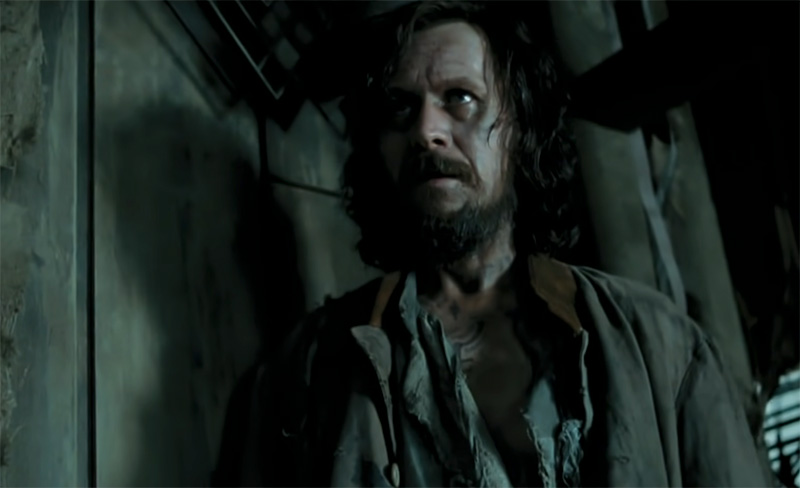
However, talent like Oldman’s cannot be suppressed for long. His role as Sirius Black in the “Harry Potter” series provided a much-needed boost to his career, reintroducing him to mainstream audiences and reaffirming his position as a powerhouse actor.
Films like ‘Batman’ and “Tinker Tailor Soldier Spy,” for which he received an Academy Award nomination, showcased his undiminished prowess.
Over time, as the dust settled on the controversy, Oldman began to regain his footing in Hollywood. His portrayal of Winston Churchill in “Darkest Hour” not only won him an Oscar but also marked his triumphant return to the forefront of cinema.
Gary Oldman’s journey post “The Contender” is a testament to the resilience of artists. While controversies may come and go, true talent always finds its way back into the spotlight.
Oldman’s career, with its highs and lows, serves as a reminder that in the world of cinema, passion and talent will always be the ultimate contenders.

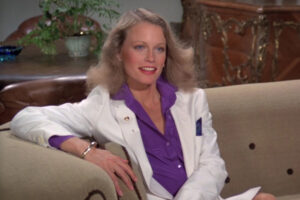
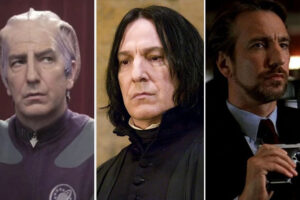


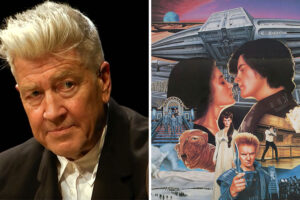

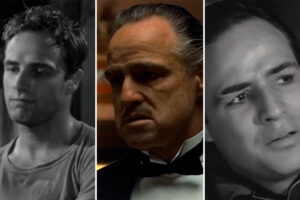
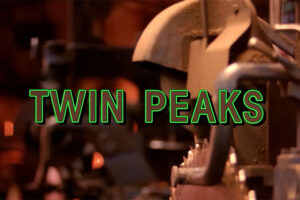

Leave a Reply